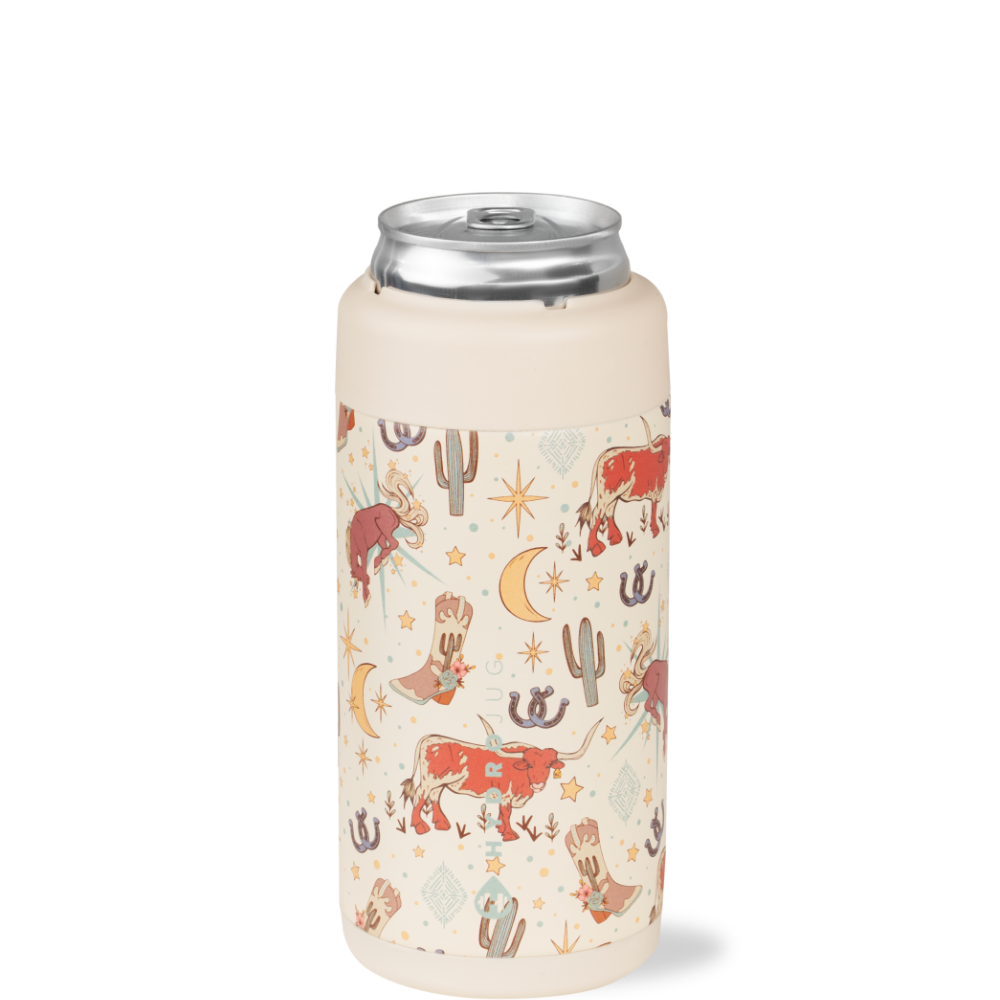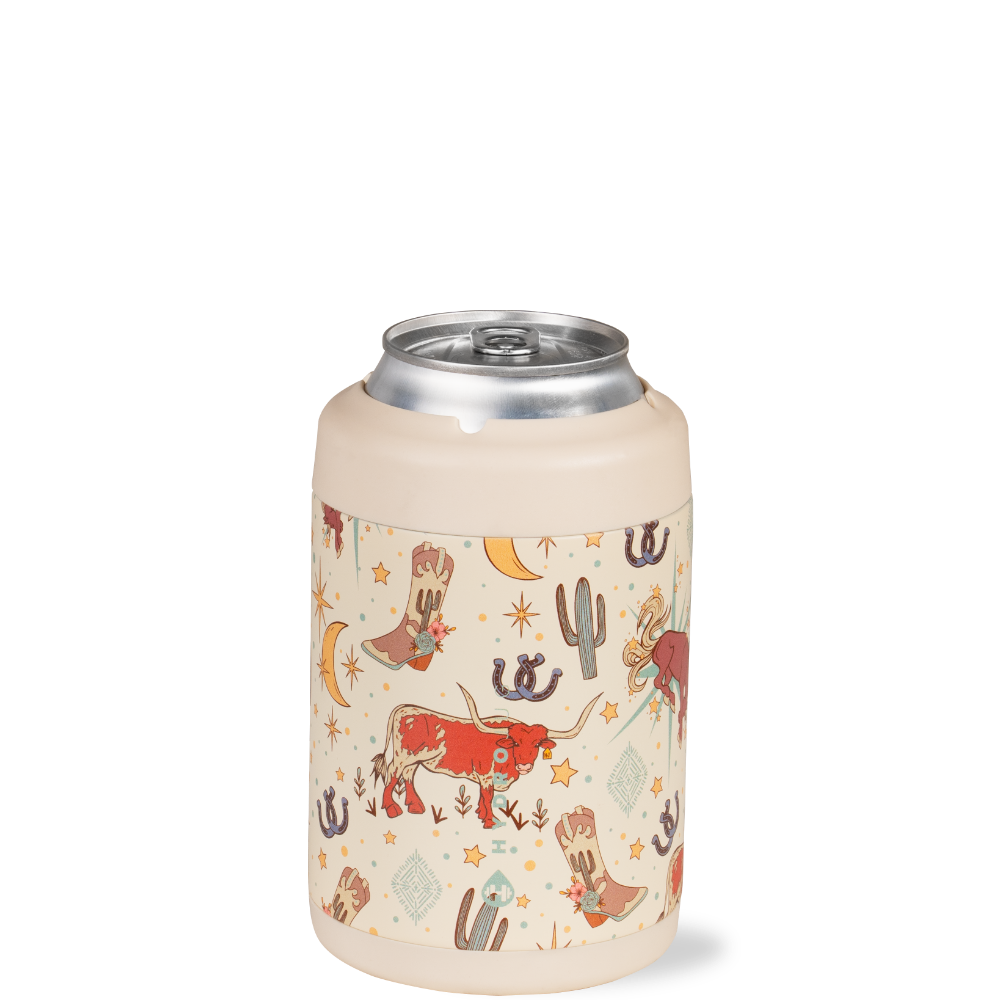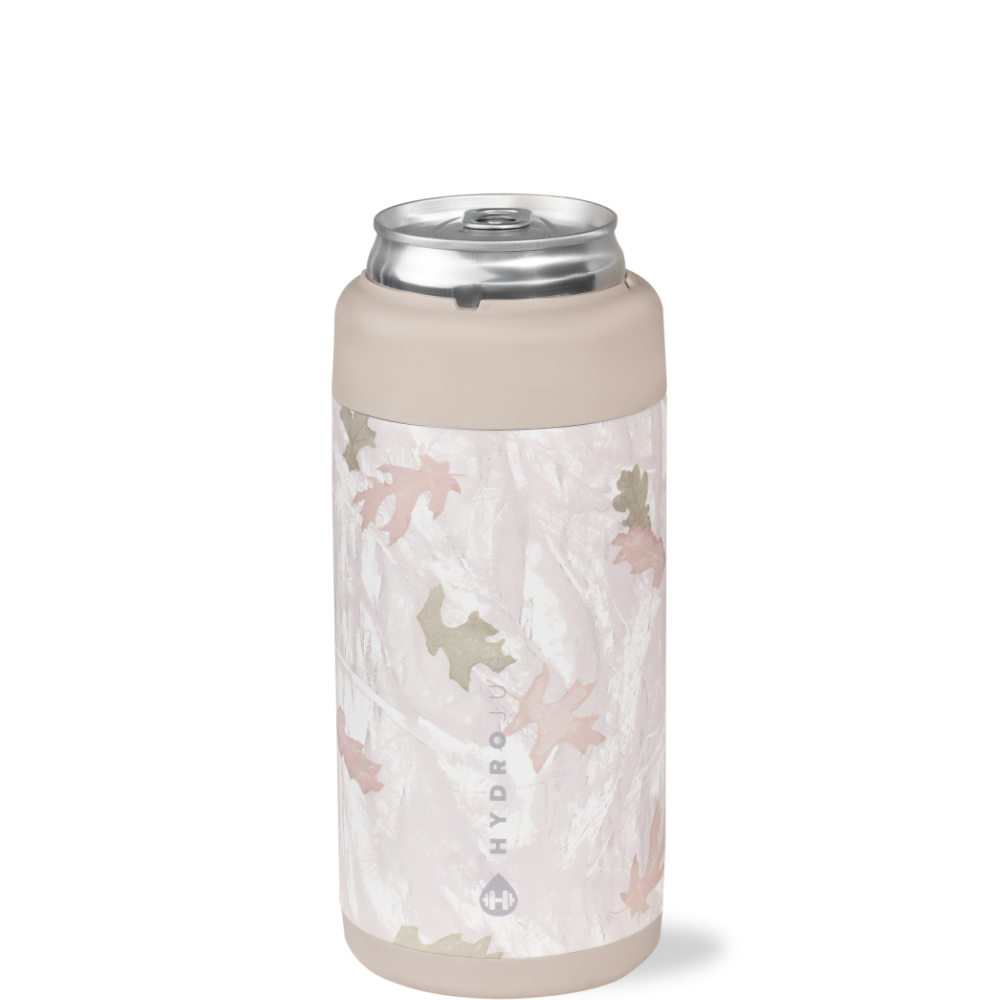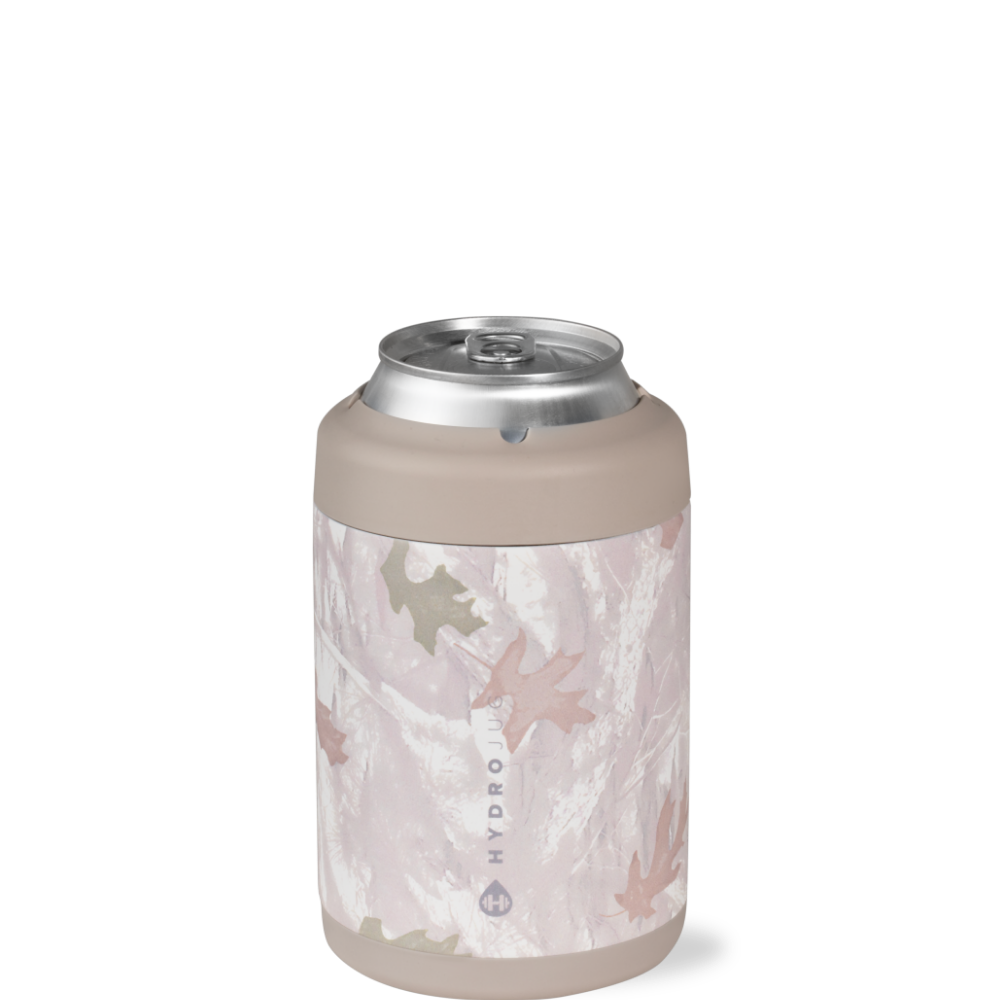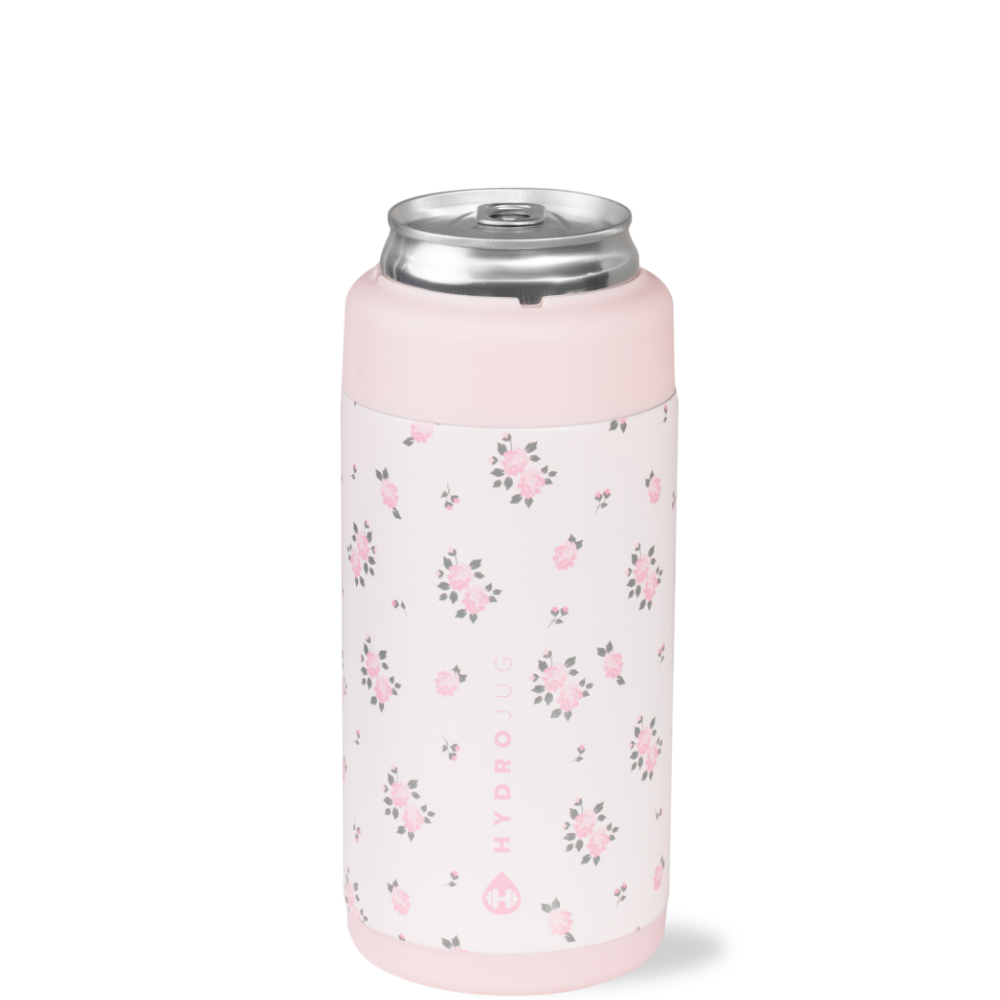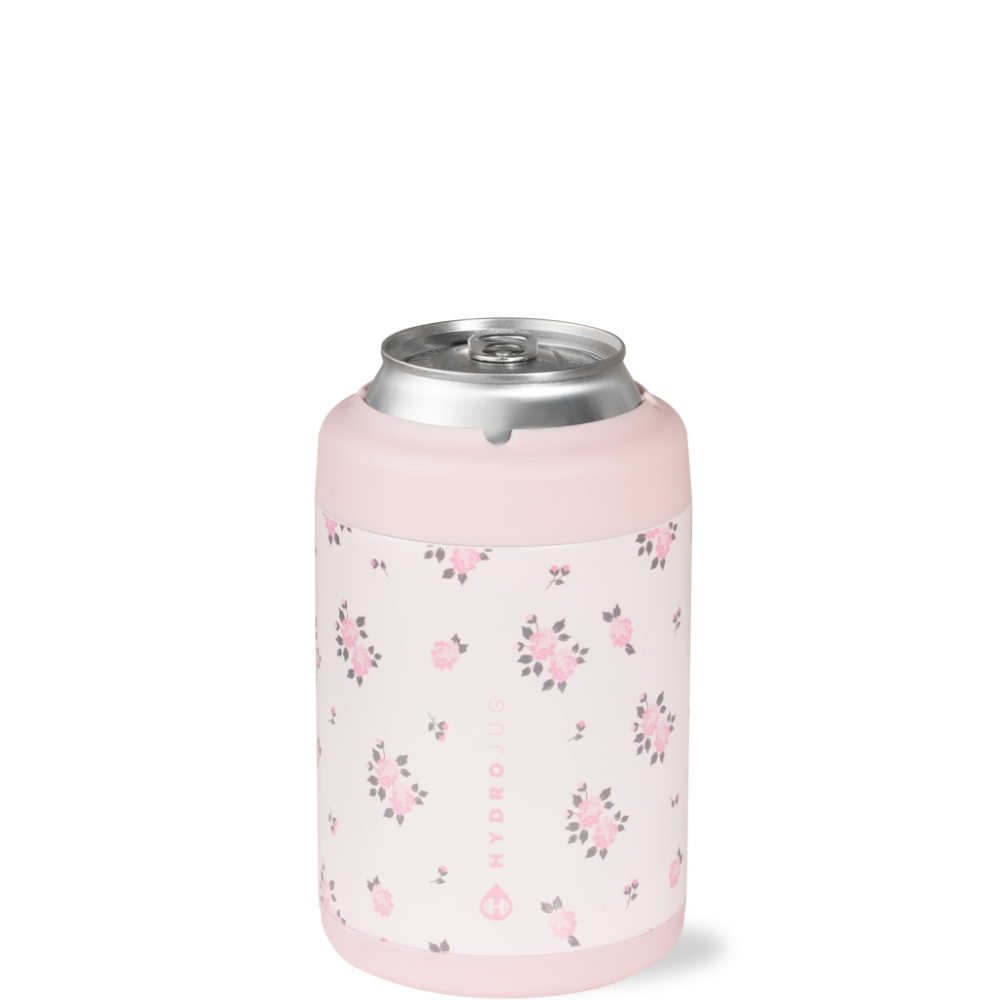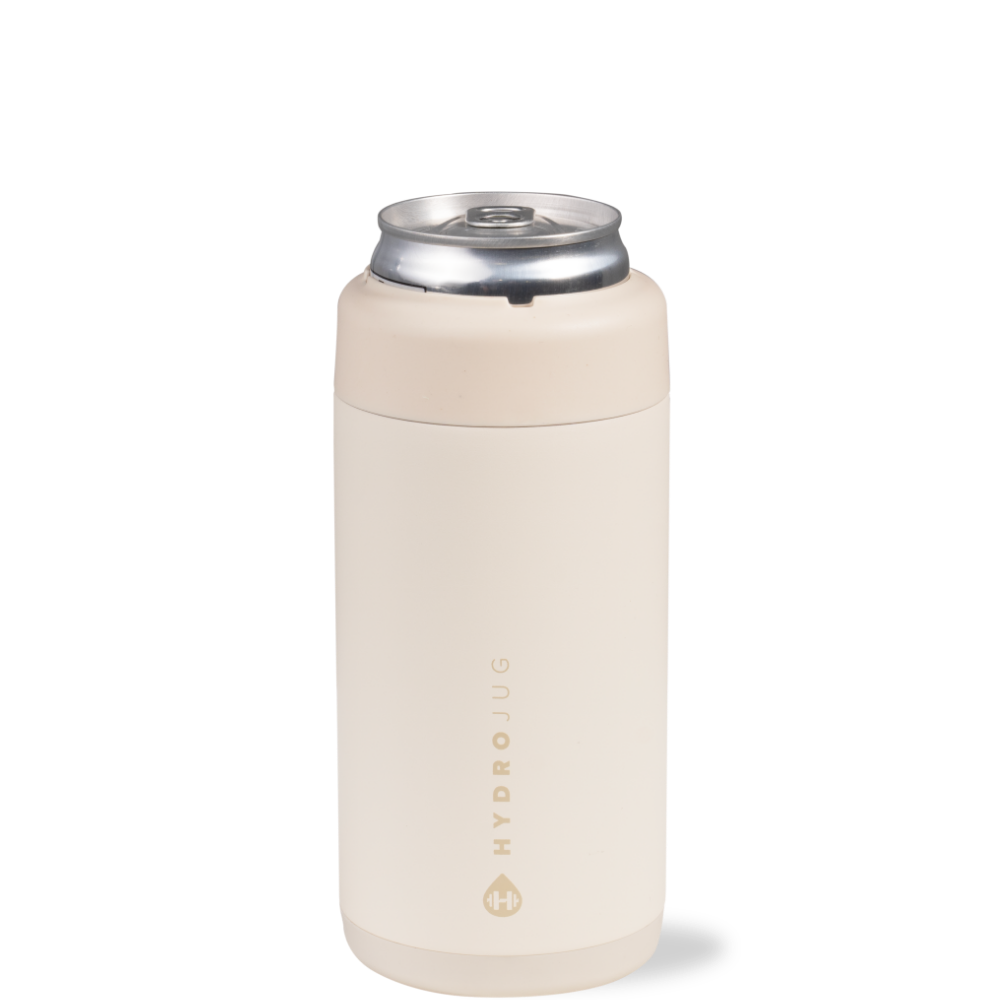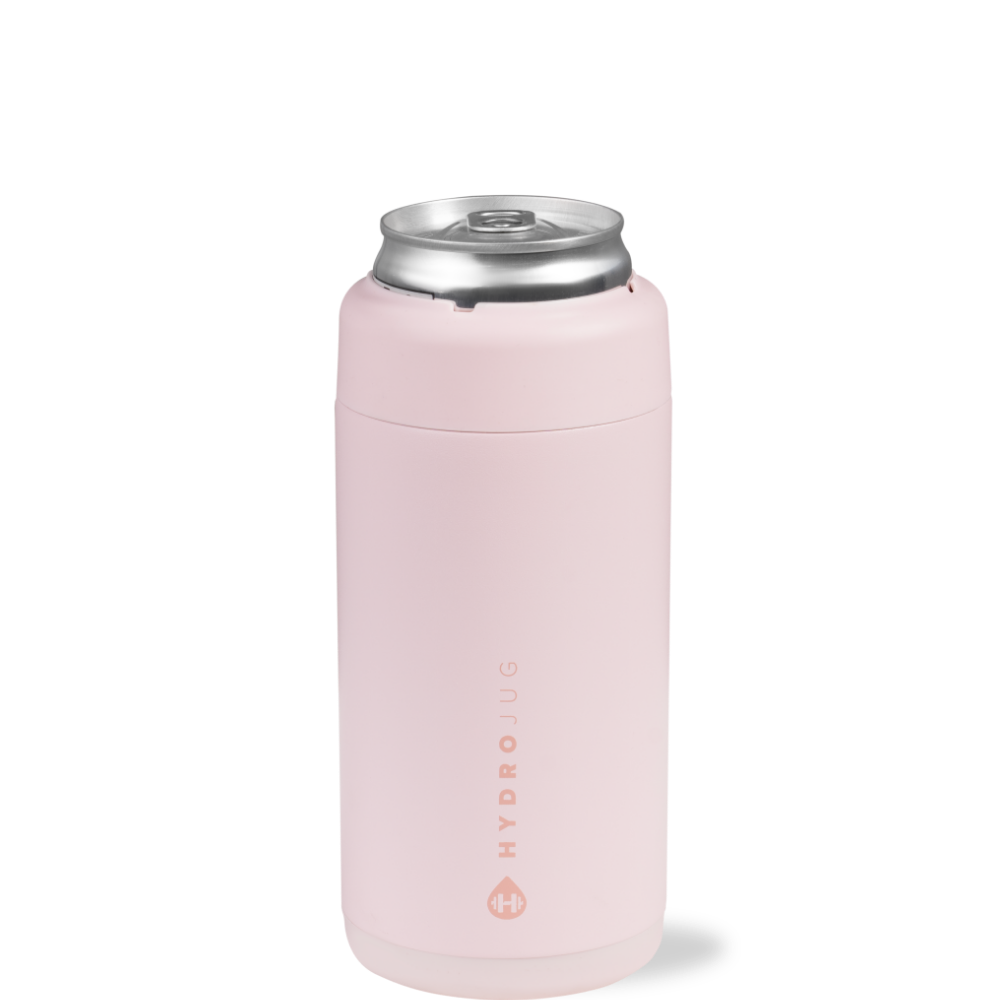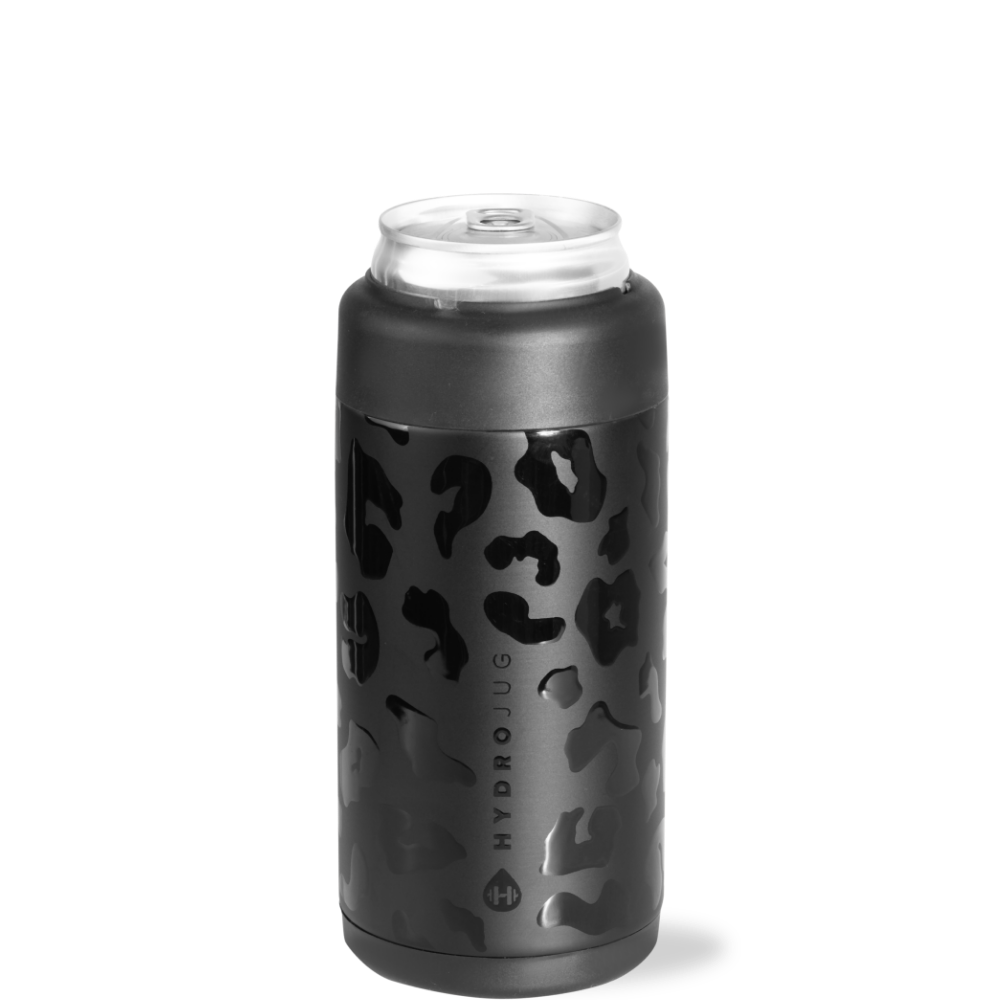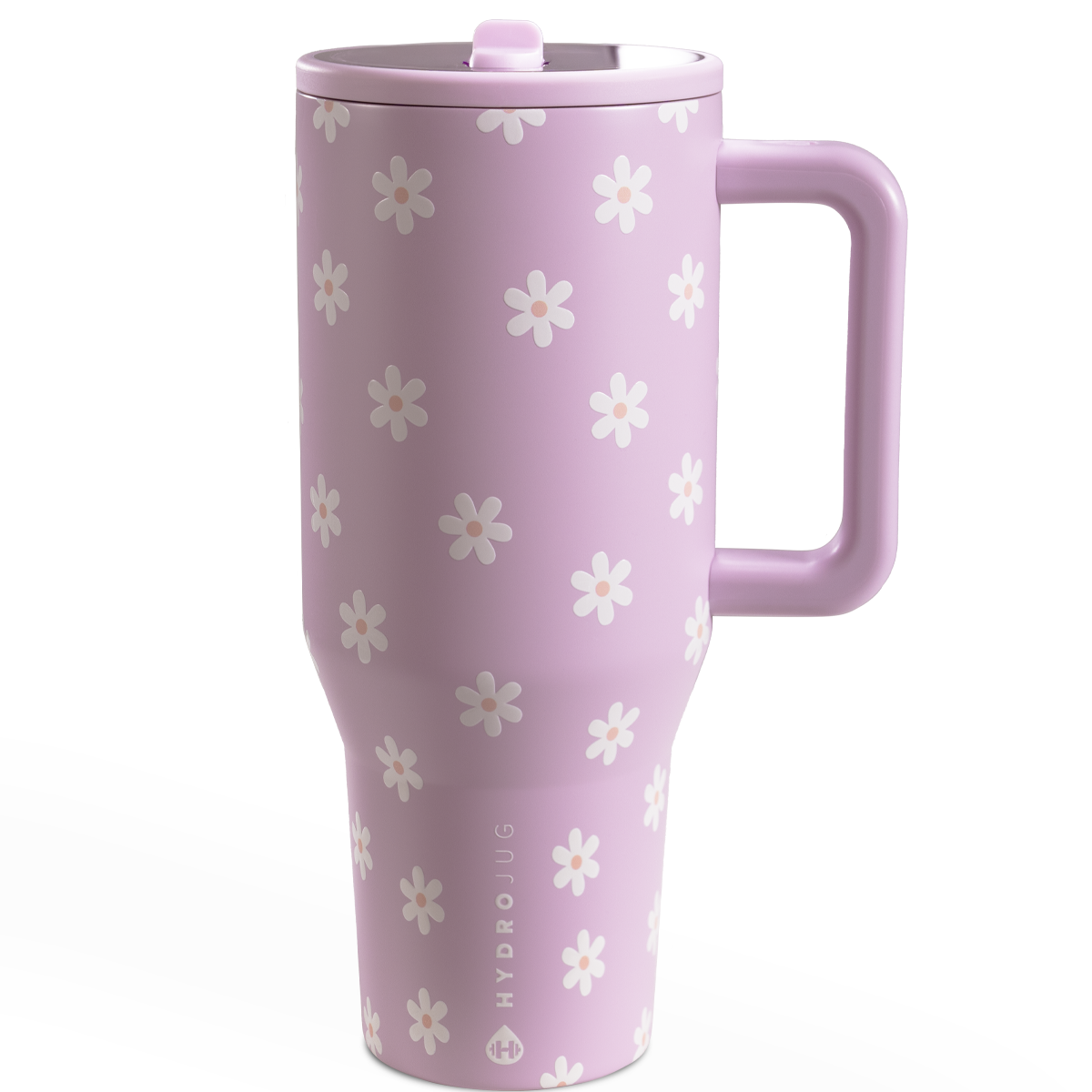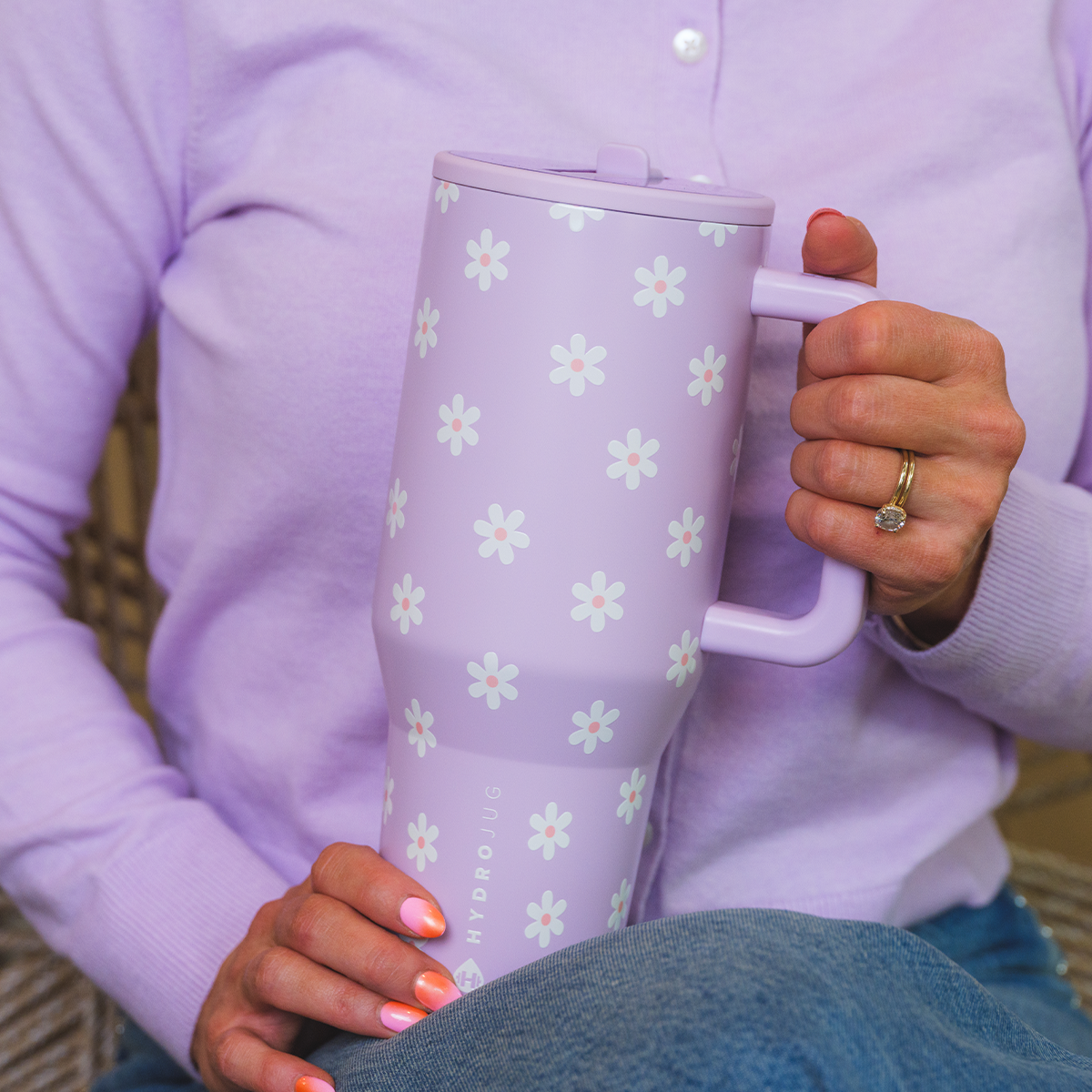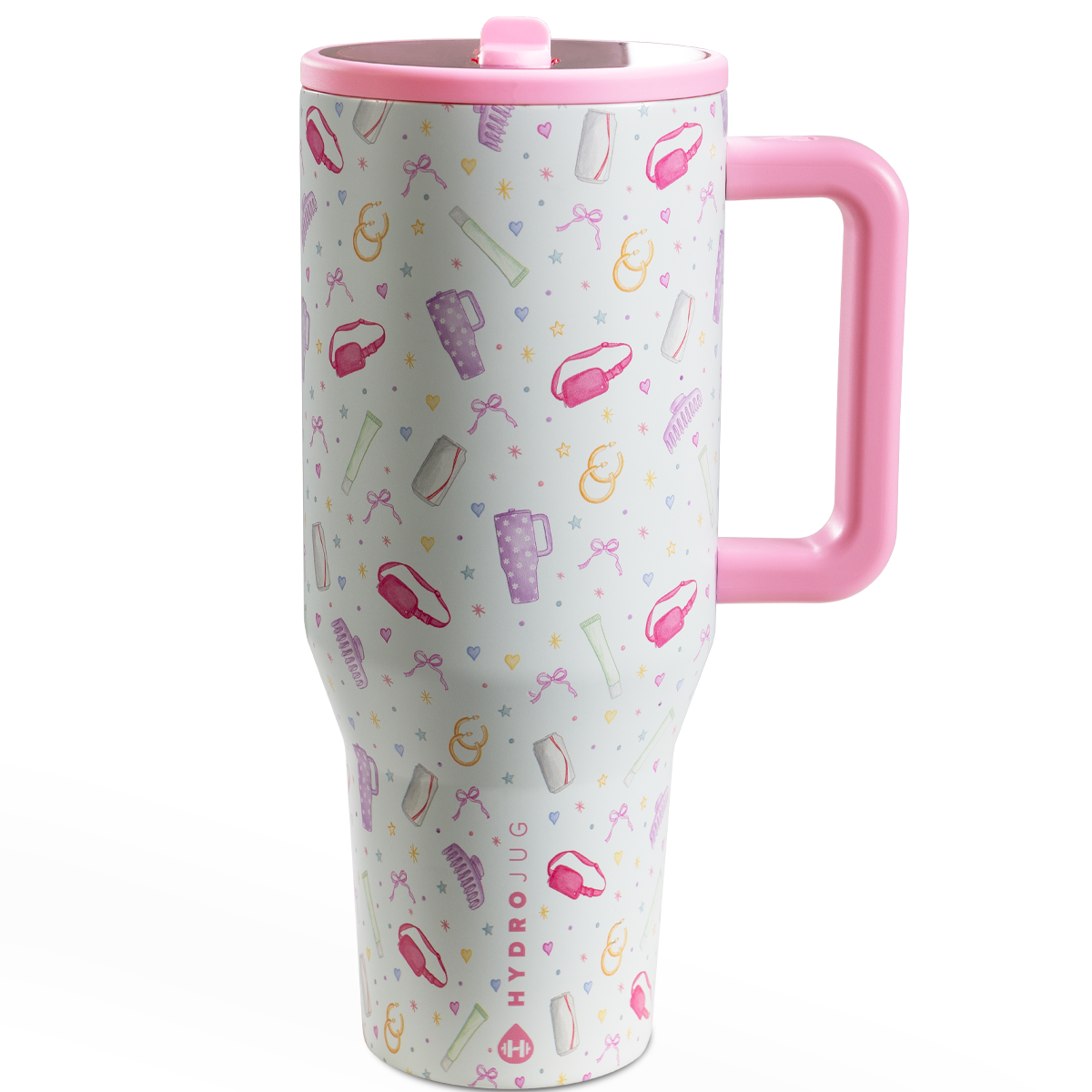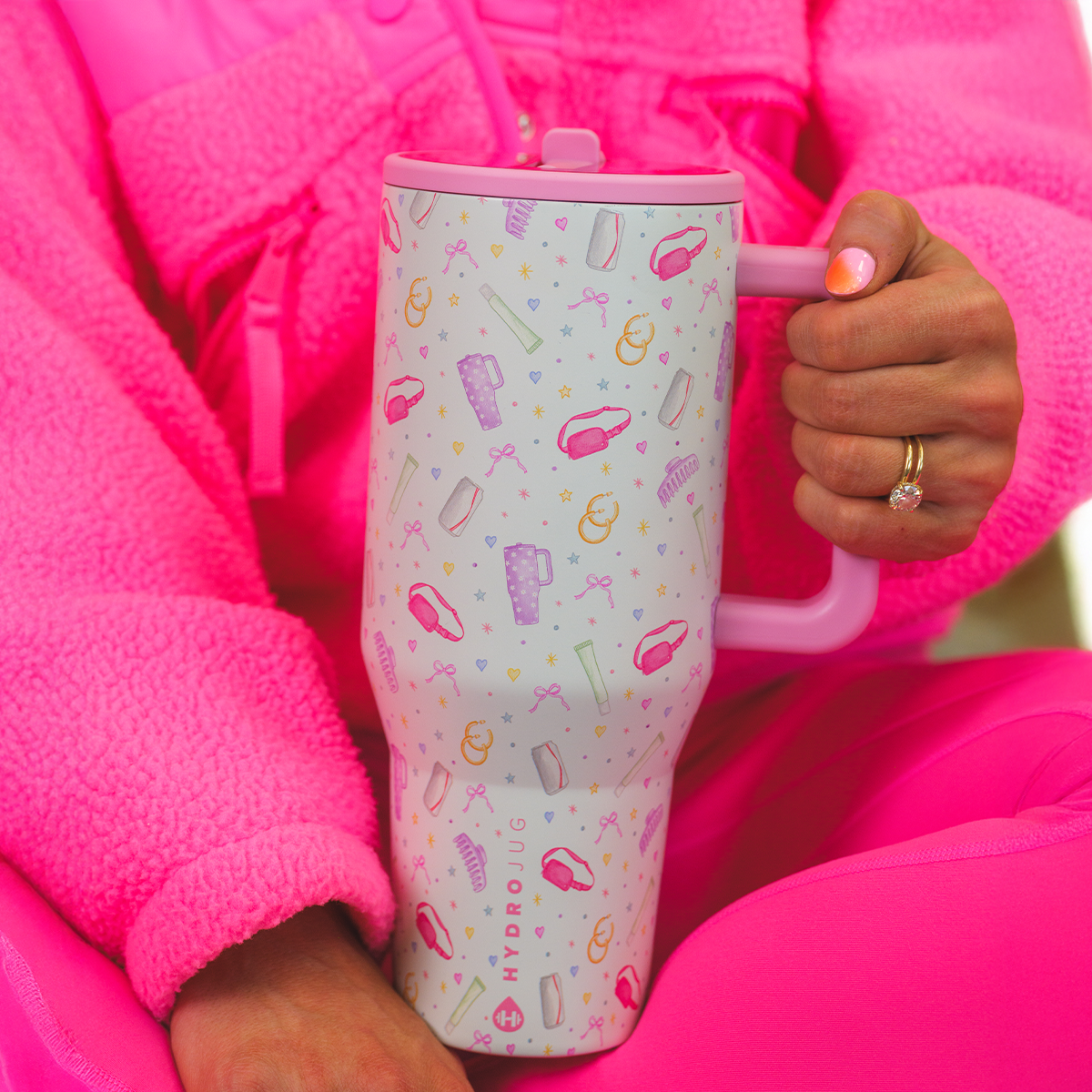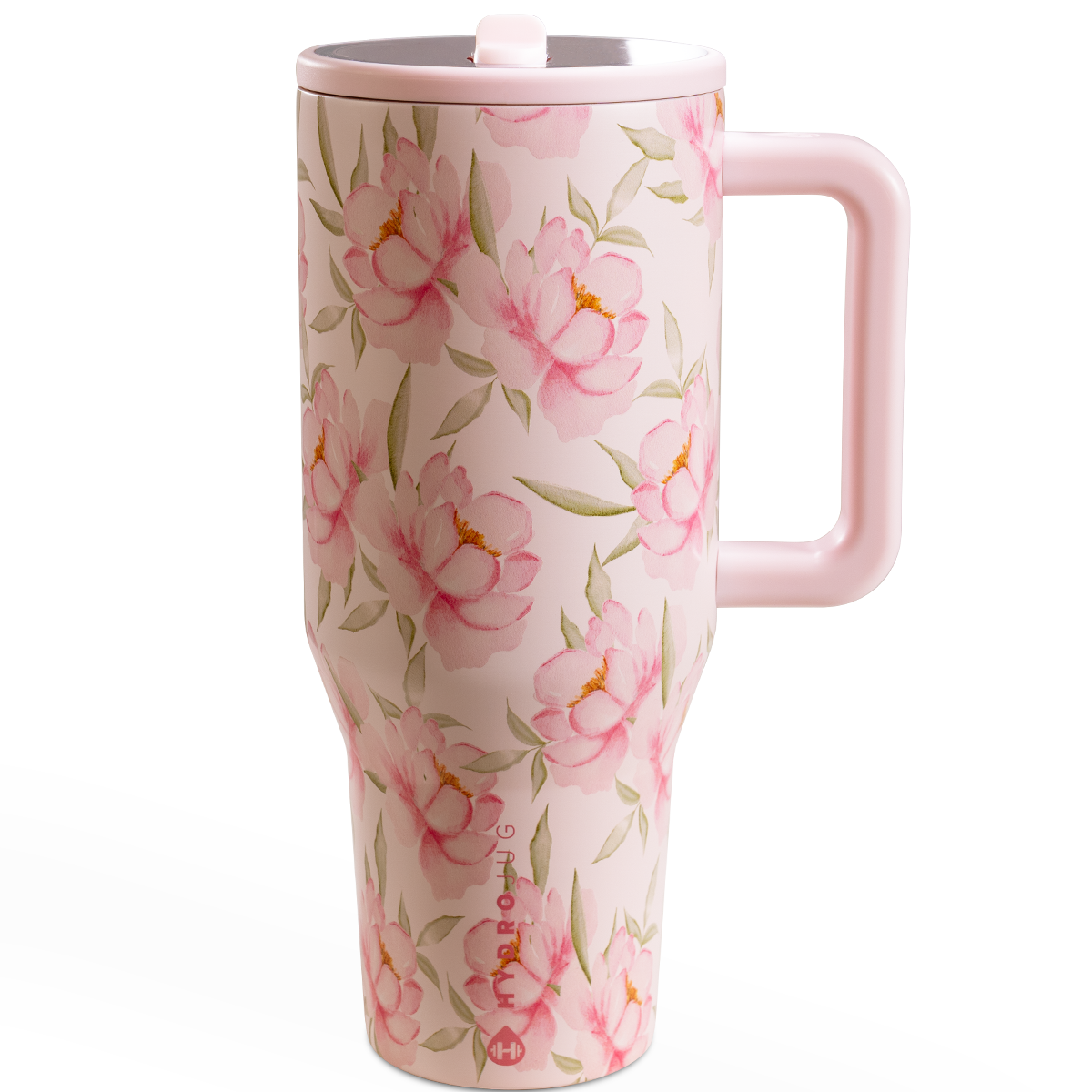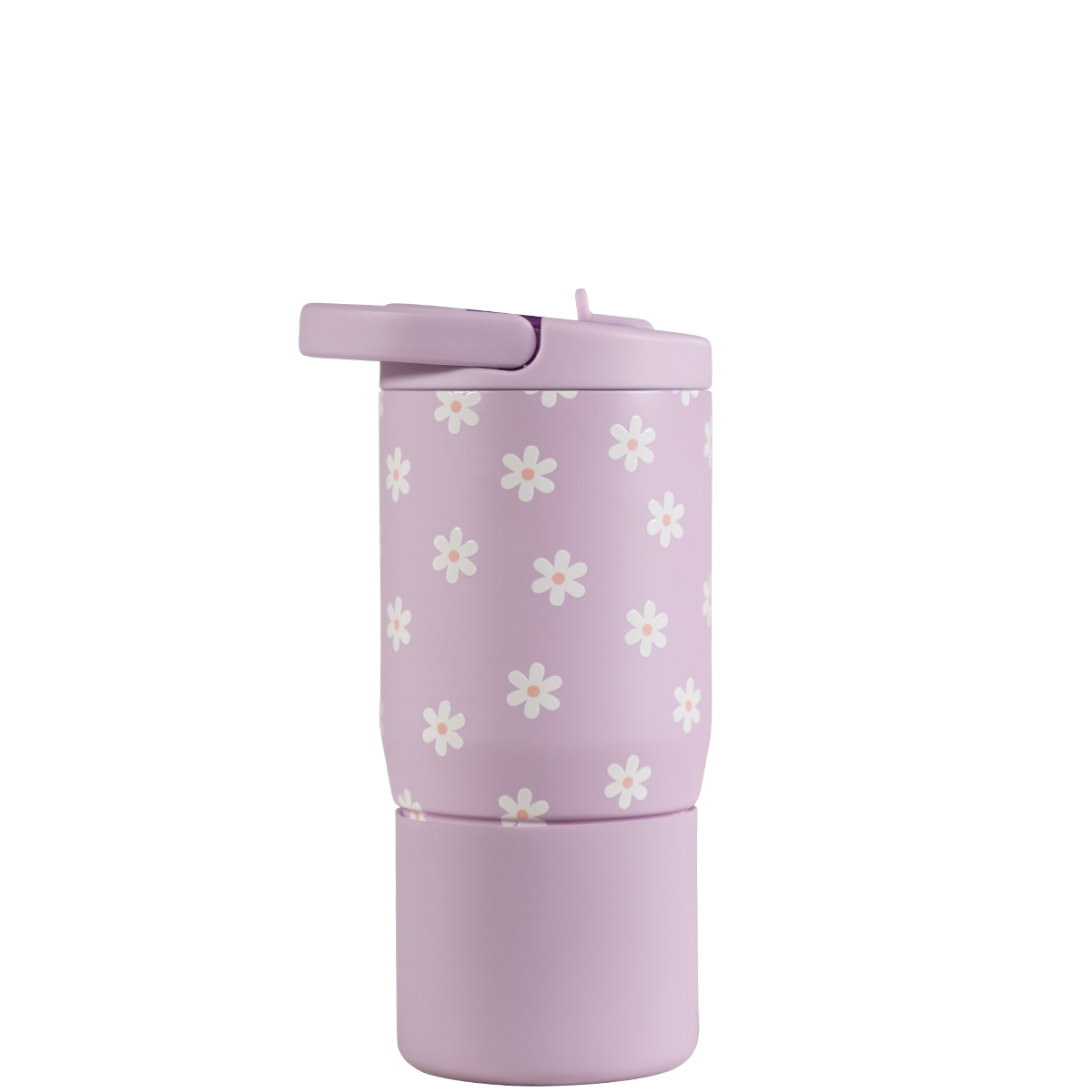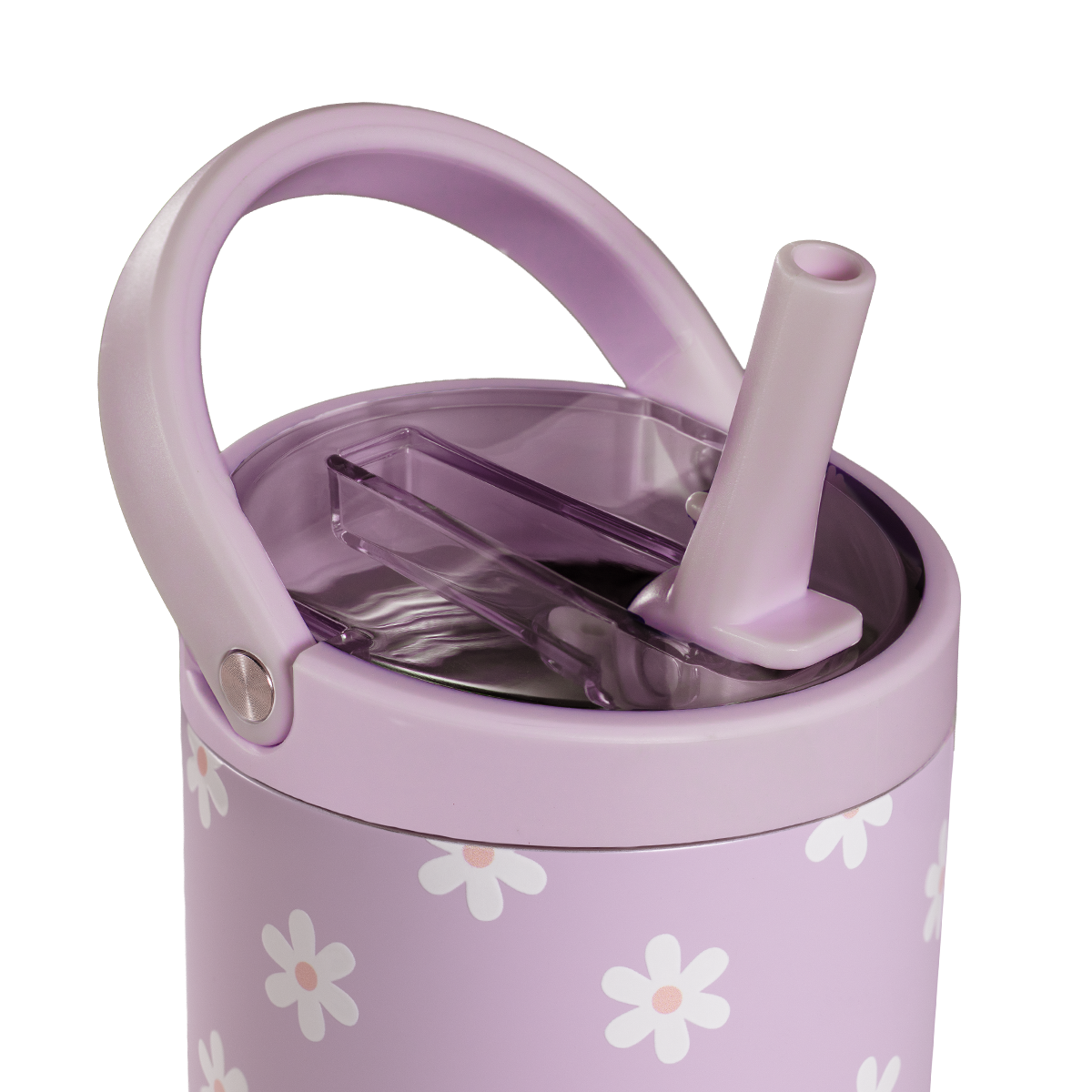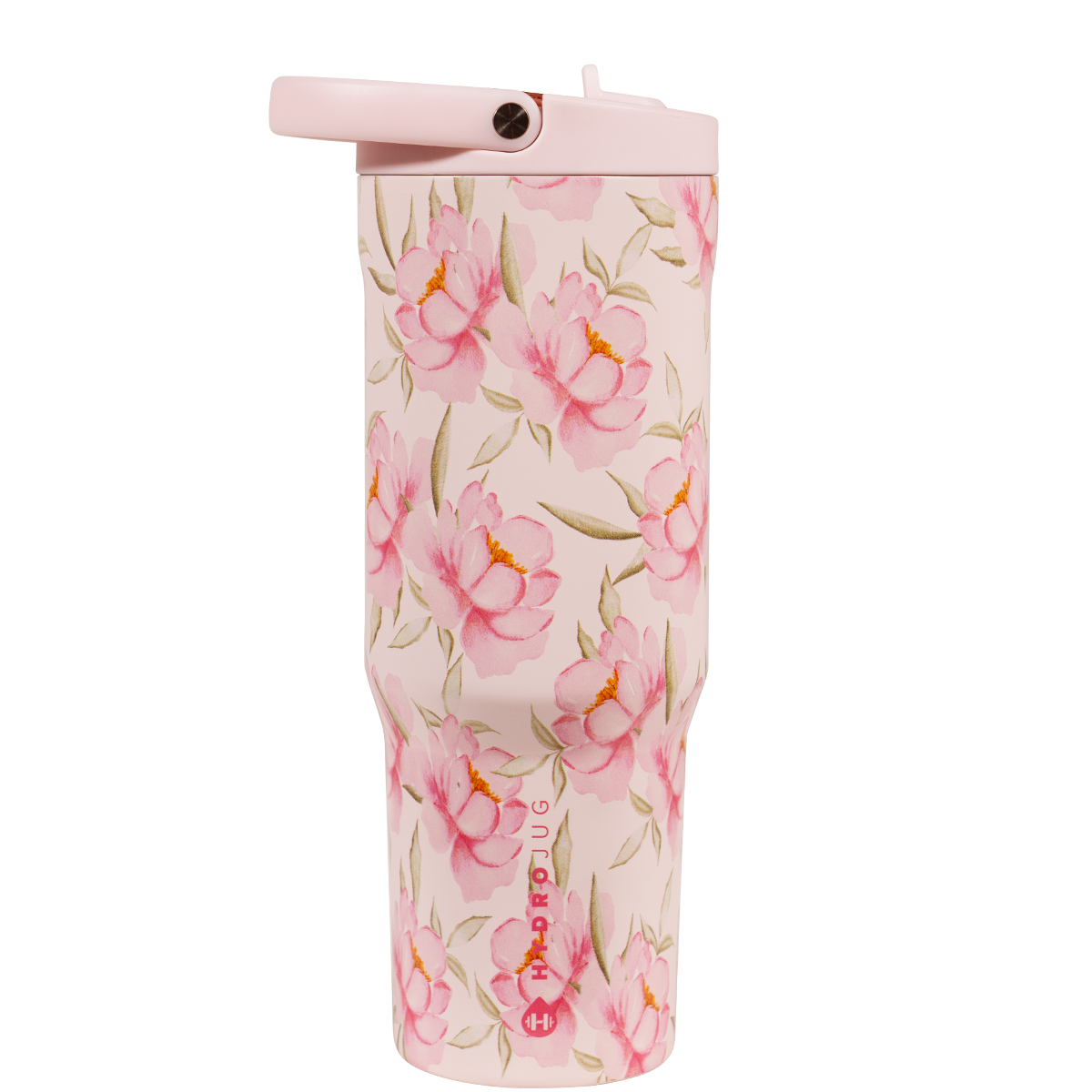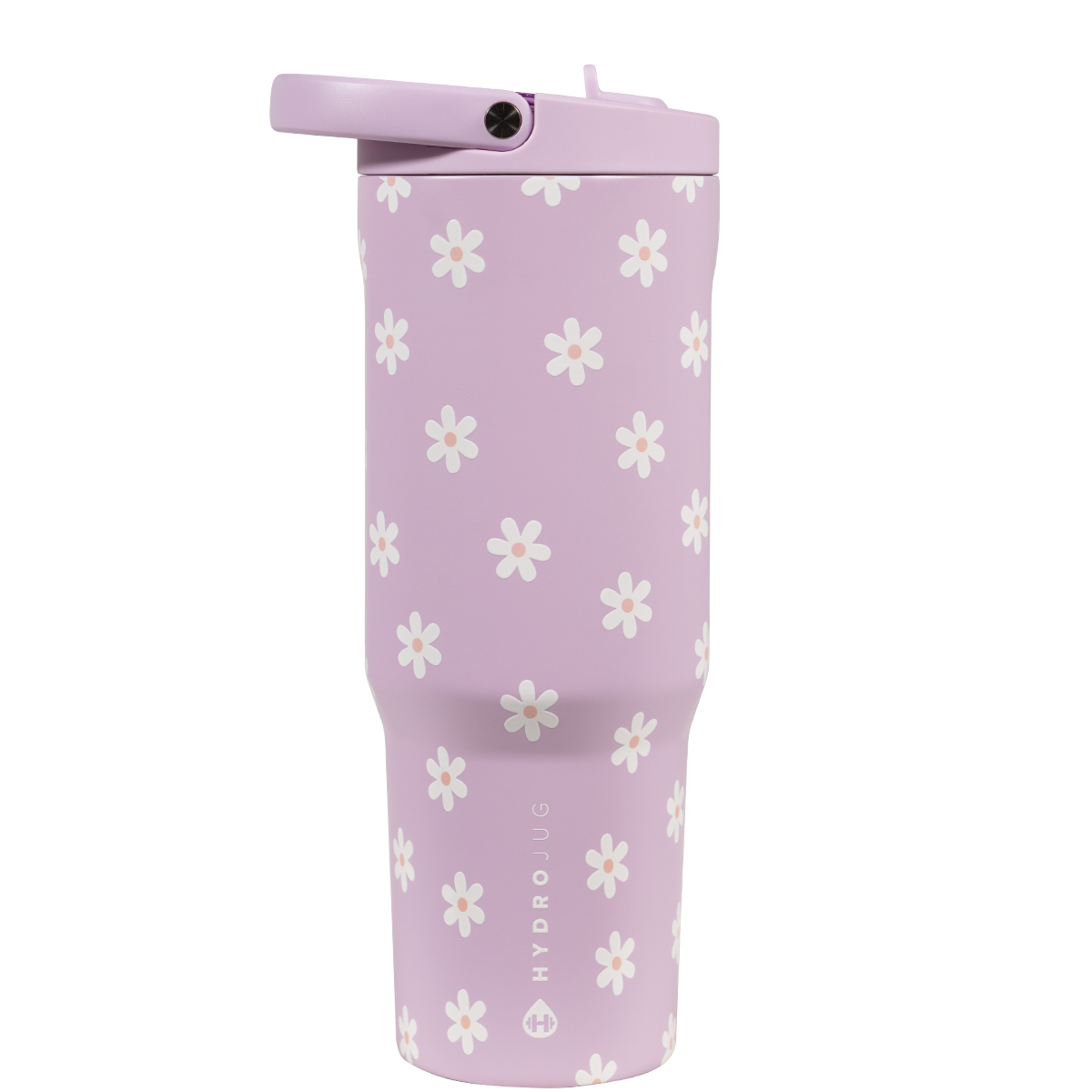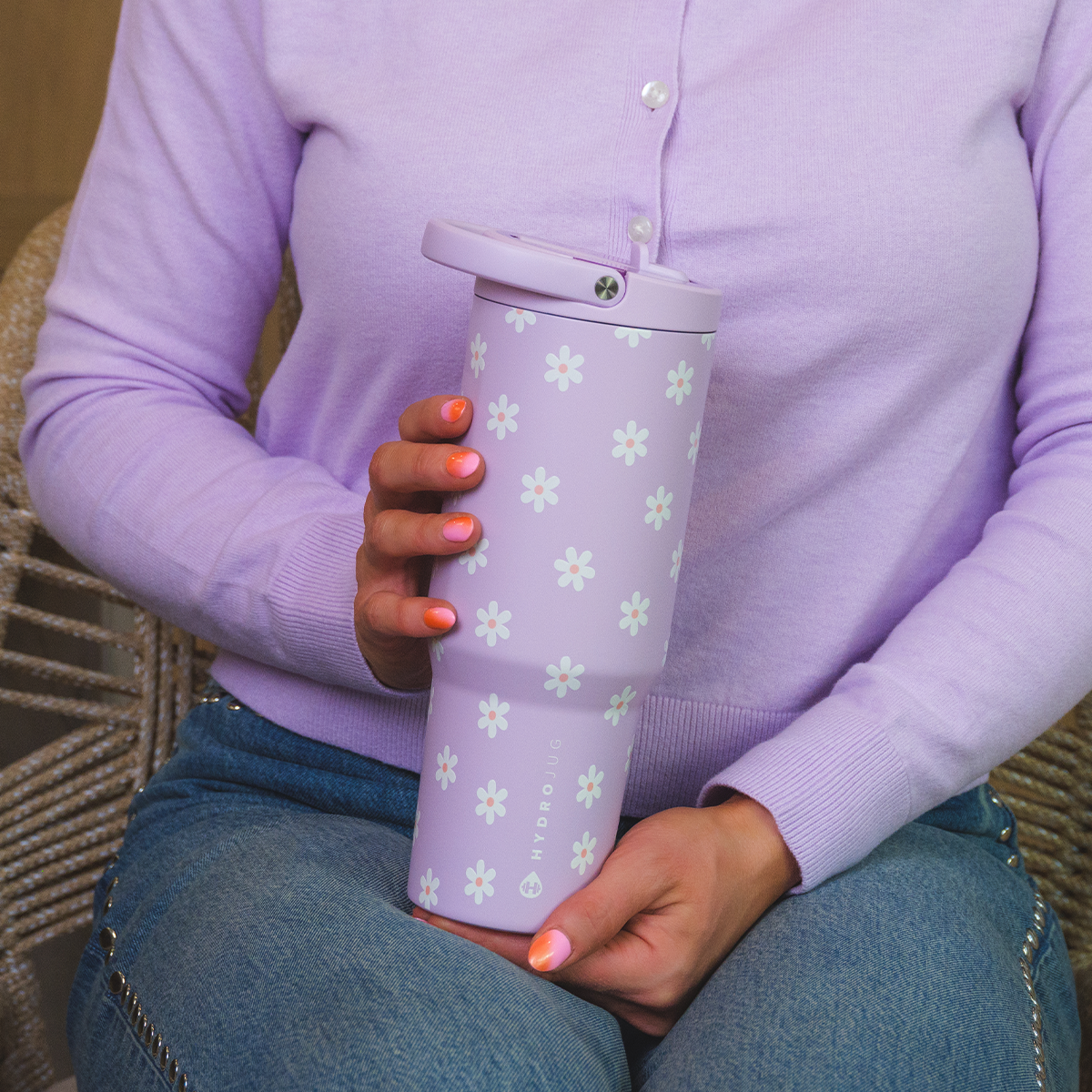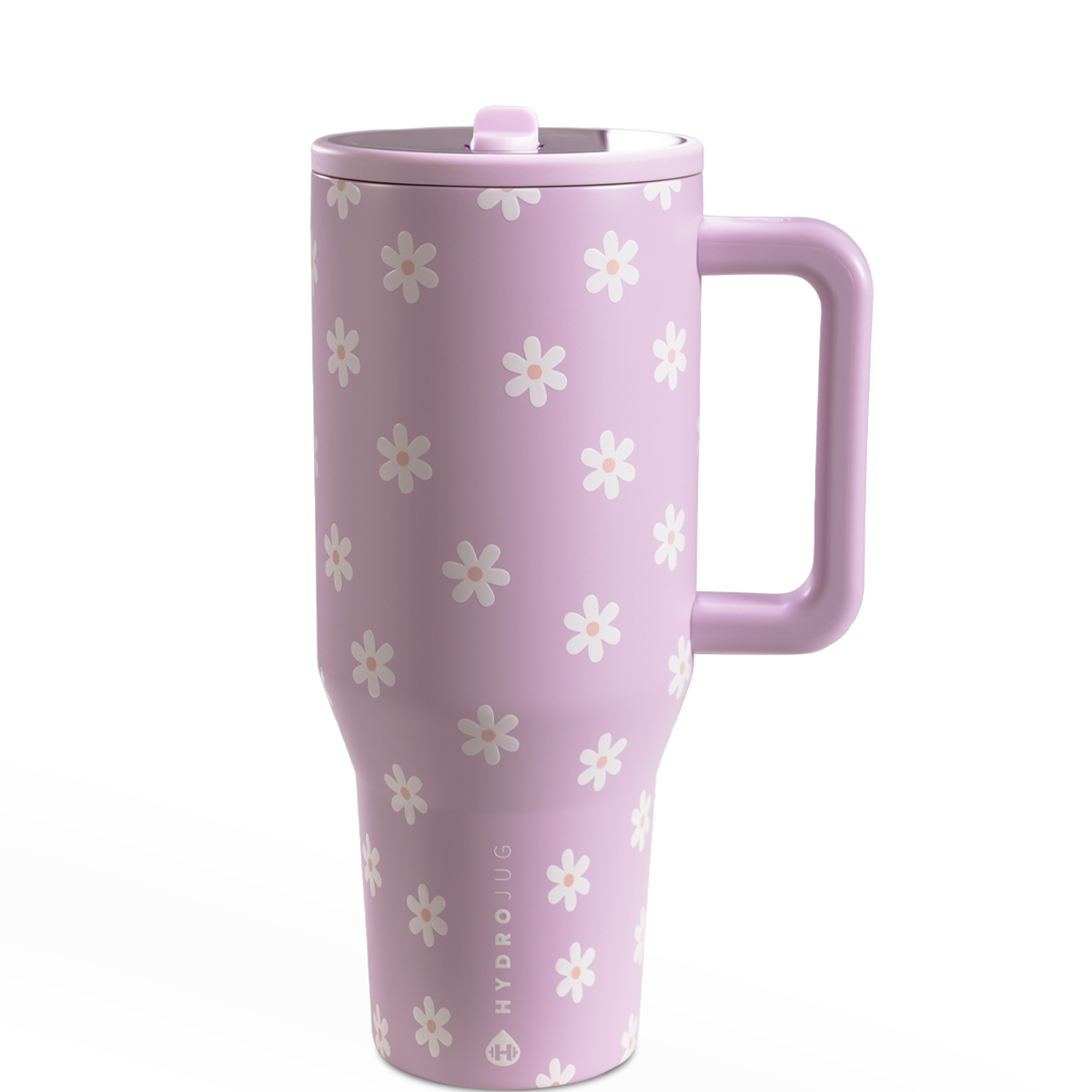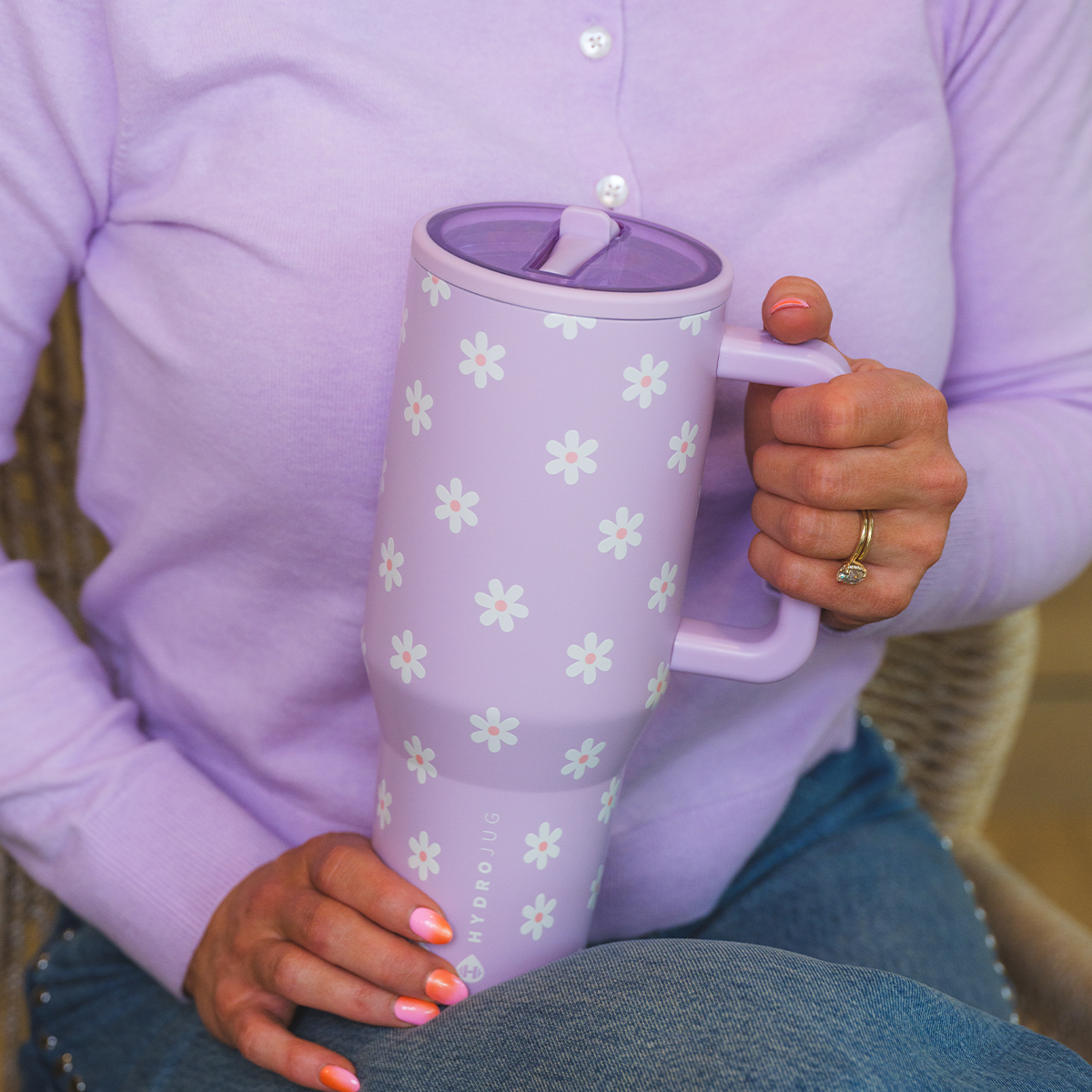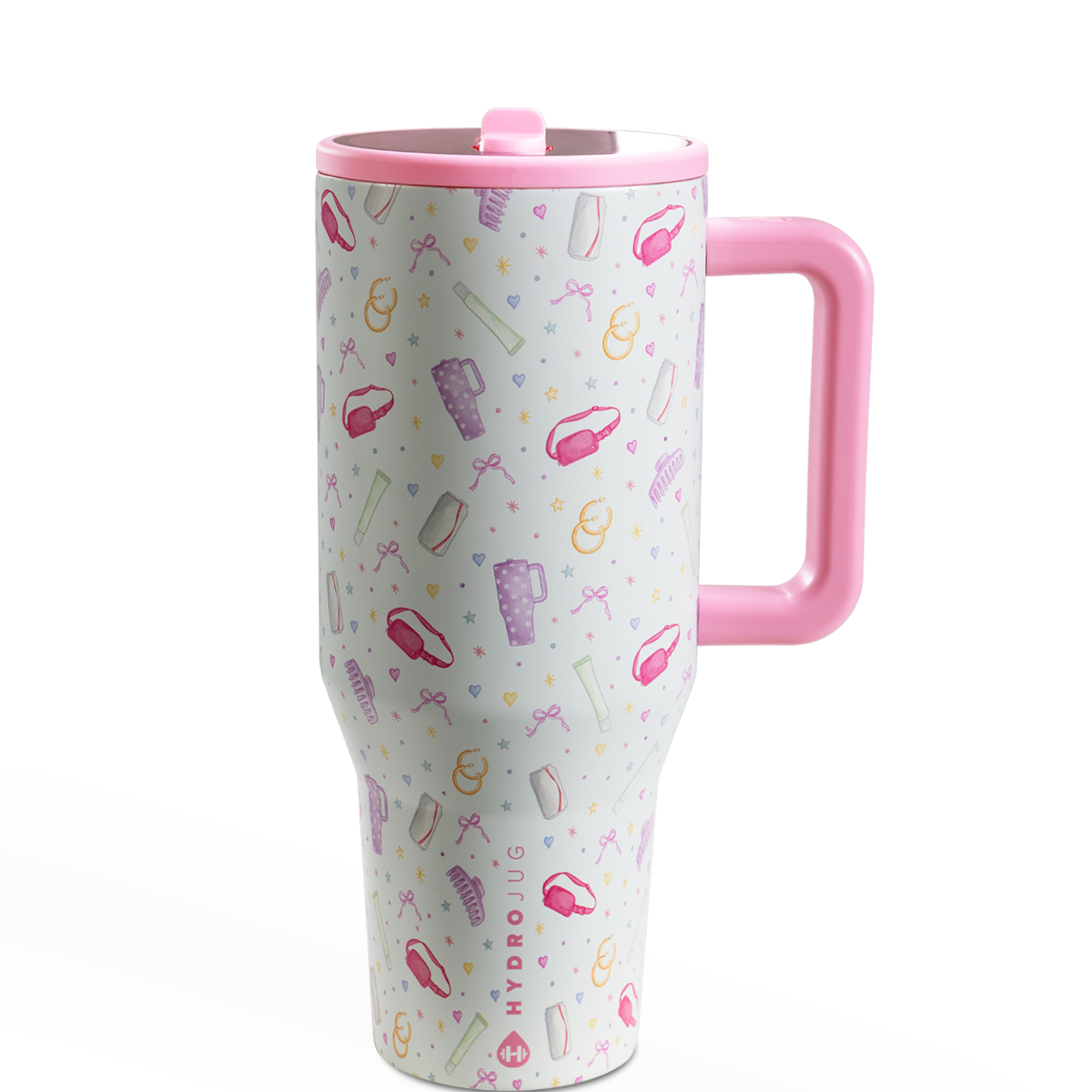
4 Common Hydration Myths Debunked
Water is essential for our survival and well-being. Yet, amidst all of the information available today, there are persistent myths and misconceptions about hydration that can cloud our understanding of what it means to stay properly hydrated. One of the easiest ways to stay consistent is keeping a bottle you love within reach for everyday hydration. We are going to take a closer look at some common hydration myths and debunk them in order to guide you toward making more informed choices about your daily hydration.
Myth 1: “You Must Drink Eight 8-Ounce Glasses of Water a Day” (The 8x8 Rule)
One of the most common hydration myths is the belief that you must consume eight 8-ounce glasses of water each day. While this guideline is catchy and easy to remember, it doesn’t work for everyone. Your daily hydration needs depend on factors like your body size, activity level, climate, and overall health. Also, your body receives water not only from beverages but from the food you eat too – especially fruits and vegetables.
Fact: There’s no one-size-fits-all rule for daily water intake. A helpful benchmark many experts reference is “adequate intake,” which includes fluids from beverages and food (not just plain water). But the best day-to-day approach is still practical: listen to thirst, drink consistently, and check in with your urine color (pale yellow is often a good sign).
Myth 2: “Sports Drinks Are the Best Way to Rehydrate”
Sports drinks are marketed as the ultimate solution for replenishing electrolytes and rehydrating after physical activity. While they can be helpful in specific situations (like prolonged, intense sweating), they’re not always the best fit for everyday hydration. Many sports drinks contain added sugars and calories that can add up quickly if you’re drinking them regularly.
Fact: For most people, water is the best choice for everyday hydration. Save sports drinks (or electrolyte options) for times when you’re truly sweating a lot – like long workouts, very hot days, or endurance activities.
Myth 3: “Caffeinated Beverages Cause Dehydration”
The belief that coffee, tea, and other caffeinated beverages are dehydrating is a persistent myth. While caffeine can have a mild diuretic effect for some people, most moderate intake doesn’t “cancel out” hydration the way people think.
Fact: Moderation is key. Enjoy your daily cup of coffee or tea – just don’t rely on caffeinated drinks alone for hydration. Balance them with water throughout the day.
Myth 4: “You Can’t Drink Too Much Water”
While it’s crucial to stay hydrated, it is possible to drink too much water, which can dilute sodium levels in your blood (hyponatremia). This is uncommon in everyday life, but it can happen – especially if someone is drinking extreme amounts in a short time or over-drinking during long endurance events.
Fact: Pay attention to your body’s signals and avoid forcing huge amounts of water quickly. For most people, drinking steadily throughout the day and using thirst as a guide works well. If you’re doing long, sweaty workouts, consider electrolytes alongside fluids. If you’re trying to catch up after sweating a lot, here’s the best way to hydrate fast.
When it comes to hydration it’s vital to separate fact from fiction. Remember that your hydration needs are unique, and listening to your body’s signals, including thirst, is one of the most reliable ways to stay properly hydrated. While some myths may persist, arming yourself with accurate information empowers you to make informed choices about your daily hydration and prioritize your well-being.
Want a few practical ideas to make hydration feel easier? Try these tips to drink more water.
















